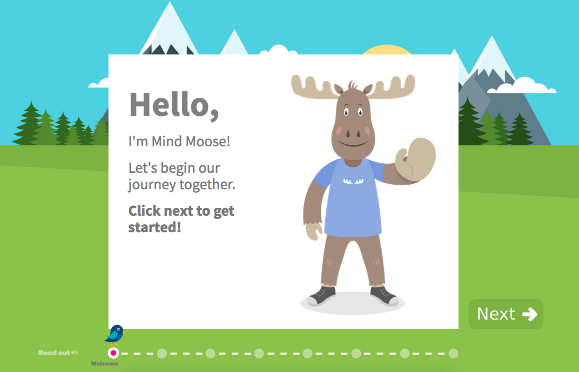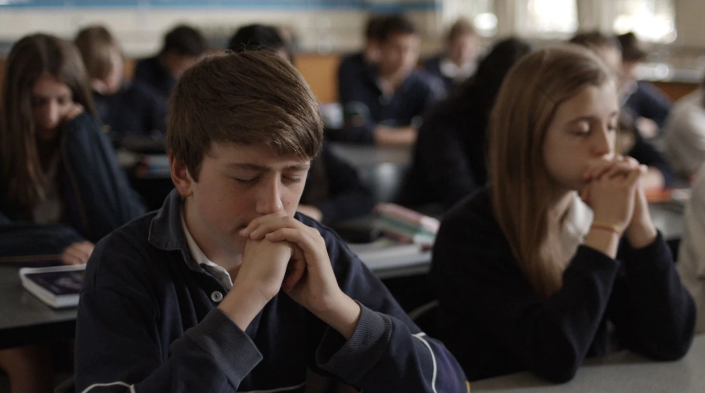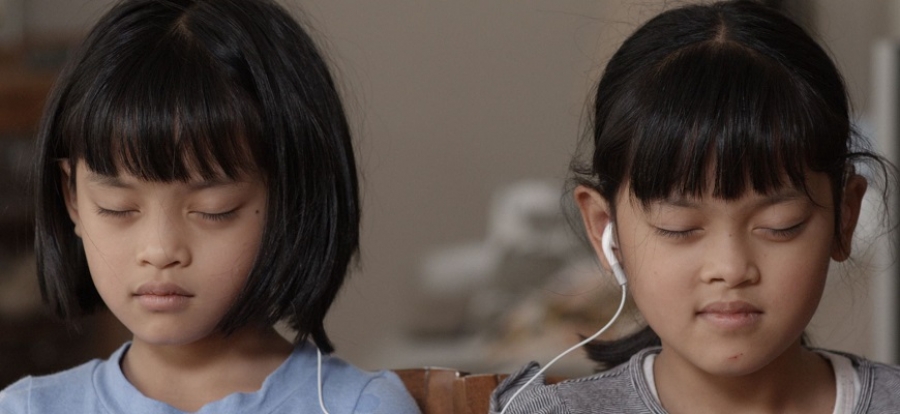As reports of poor mental health in UK Primary and Secondary schools become more numerous and increasingly visible, the government announced new services and plans. In January, Theresa May commented on the “burning injustice of mental health and inadequate treatment that demands a new approach.” In March, the government announced that schools will trial happiness lessons for eight-year-olds and that the Department for Education has announced multi-million contracts for mental health training in more than 200 schools.
While it remains to be seen how much impact these services will have, many in the education “These apps are accessible at all times.”community believe apps and web programs can help in ways that counselling and school-based services can’t. Unlike wellbeing lessons or counselling services, these apps are accessible at all times, are designed with student engagement in mind and can often be used anonymously, circumventing the stigma which stops many people from seeking help.
Here are three ways edtech can teach students about the importance of good mental health, and how to actively maintain their psychological wellbeing.
Encouraging learning
Mind Moose is a web app designed to teach Primary school pupils about mental health. Founder Zoe Ross describes it as a “fun, interactive online platform that helps children develop good mental wellbeing and allow teachers to identify any issues early.”
Children embark on a journey with Mind Moose by watching short animations which introduce an aspect of some key topics: how the mind and brain work; self-awareness and self-esteem; how to manage emotions; and how to solve problems and develop resilience. Children are then prompted to reflect on how what they’ve learnt applies to their own lives. As they work through the content, they earn badges and certificates.

Image courtesy of Mind Moose
Mind Moose is informed by Ross’ experience as a head of year. She explains: “with a lot of the unwelcome behaviours or attitudes to learning we see in children, in my view, there's usually something going on underneath. Getting to the bottom of what's going on and supporting students through that, building a relationship with them, really helps to improve their learning.”
Ross thinks it’s a time of change for mental wellbeing in education: “I think we’re starting to see the negative impact of what happens in society when you don’t look after your mental health. There’s still some debate about whether it’s a growing problem or if we’re just more aware of it. But I’m certain that teaching everybody a bit about mental health will do a lot of good.”
Teenage students in need of information and guidance can turn to For Me, a brand new app that launched on 16th March. It was originally created by four students for a school project at Poynton High School in Cheshire. Eager to develop a way for teenagers to access confidential support, the NSPCC’s Childline took the idea and developed the it into a full working available as a free download.
The app has been developed in partnership with Barclays and features problem pages and a private locker area, where users can use a daily mood tracker and note down their thoughts. Users can opt to chat with a counsellor if they need one-to-one guidance.
Encouraging communication
It’s likely that a student experiencing a common mental health condition such as anxiety, depression, OCD or low self-esteem will find it difficult to have a face-to-face discussion about it with peers or teachers. This can result from several factors, including stigma, shame and a lack of encouragement.
MeeTwo is an app which provides guided peer support for teenagers aged 13 and above. It was designed by Kerstyn Comley and Suzi Godson with the goal of improving emotional literacy and building resilience in teenagers.
MeeTwo allows users to anonymously post messages about how they’re feeling and respond to messages posted by others. Comley explains that it’s based on the principle that “speaking to people who have experienced similar things helps normalise the experience of mental struggle.” Moderators trained in child psychology oversee all conversations to vet abusive comments or provide necessary guidance to users in need.

Image courtesy of MeeTwo
Students aged over 16 could turn to Big White Wall. The product offers 24/7 wellbeing support for those keen to share their experiences anonymously. As an alternative to words, members have the option to make ‘bricks’ that express their feelings through artwork or images.
Big White Wall can be accessed online or on a smartphone app. Moderators, or ‘wall guides’, are on hand to provide additional support. The service also offers a range of guided self-help courses on topics such as managing anxiety or positive thinking.
Although not designed exclusively for education, a large number of Big White Wall users are university students. According to a piece in Education Technology, “over half of students surveyed by Big White Wall had used the service to talk about an issue or experience they had never disclosed anywhere else.”
Students also have the option of using an automated service. Last year saw the launch of Joy, a chatbot which integrates with Facebook Messenger and Slack. Joy sends daily check-ins to ask how users are feeling and what they’ve done that day. Joy is able to detect potential signs of anxiety or stress in a reply and will respond with something useful, such as a link to a five-minute meditation exercise.
Microsoft CEO Satya Nadella claimed 2016 was “the year of the chatbot”, and it’s likely we’ll see more of these technologies being developed to assist students with their mental wellbeing. The Huffington Post also highlighted mental health chatbots as one of eight predictions for the edtech trends of 2017.
Encouraging activity
There’s a strong and substantive link between physical activity and mental wellbeing.
According to a 2016 report by Association for Young People’s Health, “keeping active is critical for lowering depression, feeling good about yourself, concentrating, focusing and sleeping better.”
GoNoodle is designed to “help kids channel their physical and emotional energy for good” and encourages “Big White Wall offers 24/7 wellbeing support.”Primary school students to get active at school and home. The app features hundreds of videos designed to get kids running, jumping, dancing and stretching, as well as mindfulness activities.
GoNoodle currently has over 12 million users. Its creators claim the app can be used at school to improve behaviour, attention, academic performance and classroom cohesion, and at home to ensure that screen time is productive.
In contrast to GoNoodle’s high-energy approach, Smiling Mind is a mindfulness app which foregrounds pause and reflection. The not-for-profit helps students engage with exercises designed to reduce anxiety, create a sense of calm and better manage their emotions.

Image courtesy of Smiling Mind
Smiling Mind claims that more than 18,000 educators have used the app in Australian Primary and Secondary schools. In a 2015 study, 12 primary schools in Victoria used the app in their classrooms for five weeks. The study recorded an improvement in sleep quality, mental health, wellbeing, engagement with learning, student safety and reductions in bullying and classroom disruptions.
Conclusion
There’s compelling evidence that apps and web programs can have huge positive impact on young people’s mental wellbeing. These products are accessible, discrete and heavily informed by user research. With reports suggesting that young people are willing reveal more about themselves through indirect communication, apps could help in ways that face-to-face counselling and school services aren’t able to. The role of edtech in mental health education will continue to strengthen as the reach of these apps expands and their services advance.
Do you use edtech in this capacity? Let us know below.


















